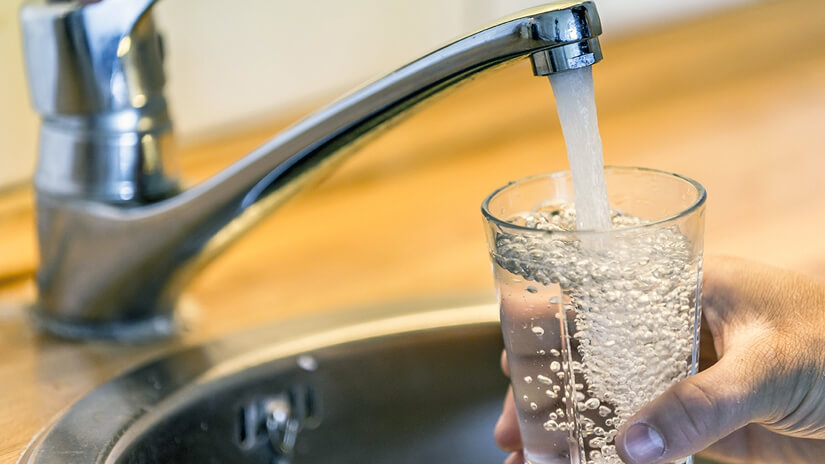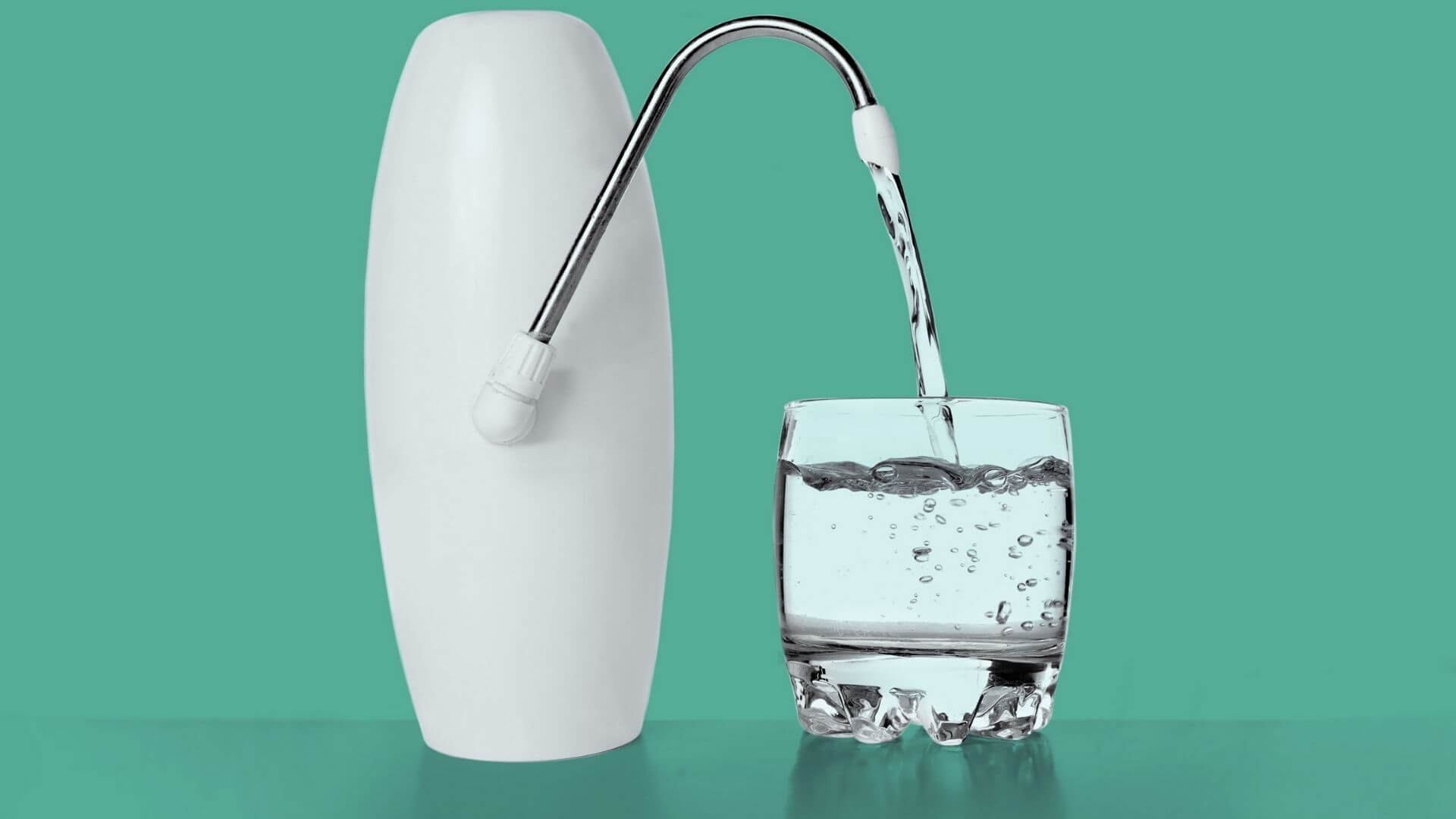Getting rid of lead in your drinking water is crucial for a healthy life. We all desire water that’s fresh and safe. But don’t be fooled—your tap water might not be as pure as you think.
Lead exposure was present in older-style properties, particularly in lead solder. It was typical to have lead pipes in homes and commercial properties.
In Australia, lead-based solder on pipes for drinking water was banned in 1989. According to the Australian Standard A s 3500 Part 1.2 (1998)The Australian Standard AS 3500 Part 1.2 (1998) ’National Plumbing and Drainage – Water Supply – Acceptable Solutions’ effectively prohibits the use of lead-based solders by providing that soft solder shall "not contain more than 0.1% lead by weight".You can find more information in the Plumbing Code of Australia.
As population and pollution levels soar, water quality and lead exposure are becoming more critical. Tap water can be contaminated with heavy metals, chemicals, pesticides, parasites, bacteria, and other organic and inorganic compounds.
Still, there is a way to ensure your drinking water is fresh, safe, delicious and pure. And you don’t even have to resort to bottled water. Removing lead is possible.
Installing a water filtration system in your home can remove the contamination from your water. You shouldn’t have lead-contaminated water for drinking, cooking, or bathing. Any traces of higher levels of exposure to lead in your drinking water supply could harm your health and well-being.

How Do You Reduce Lead In Water?
To cut down lead in your water, the top solution is swapping out old pipes and fixtures for lead-free ones. If you haven’t yet installed a carbon or water filter at home or work, maybe it’s time to think about who could assist you with a quality water filter installation. Your local plumber can help supply and swap out your taps and pipes with the best lead-reduction solutions.
Even though you can eliminate the lead source in your property, unfortunately, you cannot control water quality in your municipality. It is up to your municipality to test the water quality regularly in your city. They are to ensure the lead levels are ’safe’. You don’t want high levels of lead exposure to cause various health issues, do you?
Can You Filter Lead Out Of Drinking Water?
Fitting a water filtration system does wonders for taking lead out and giving you greater control over your drinking water. These systems efficiently eliminate lead and upgrade the water quality on your property.
A water filter system is a point-of-use technology that makes your usual water supply safe. It is also delicious when it gets from the tap to your lips.
It’s a fact that filtered quality water tastes and smells significantly better. Removing all those metals, chemicals, germs and 2000 other contaminants makes it safer for the entire family.
Here are some advantages of having a water filtration system in your house:
- You can have a clean, tasty and healthy water source.
- You can access inexpensive, convenient and environmentally friendly water compared to bottled water.
- Lessen your risk of certain cancers through the removal of chlorine
- Remove harmful contaminants that can cause diseases and leave in the healthy, pH-balancing minerals to protect your family and promote health.
Installing a water filtration system at home can offer peace of mind for your family. However, if you’re uncertain about what’s in your water or whether it needs filtering, or you’re unsure which filtration system fits best, consider reaching out to a trusted water filter specialist for advice.
How Do Water Filters Work?

Water filters reduce the number of contaminants in the water supplied to your home, such as lead. Depending on your home or office and the filter’s location, you can choose from many different water filters.
Mechanical
A basic mesh or ceramic filter physically removes sediment as it passes through a fixture.
Absorption
This method uses carbon, which is excellent at trapping chemicals and harsh impurities.
Sequestration
Chemicals, like calcium and magnesium minerals that cause limescale and corrosion, are effectively isolated from the water, usually utilising food-grade polyphosphate to scale inhibiting filters.
Ion Exchange
This process softens hard water by exchanging ions such as magnesium and calcium, found in hard water, for sodium and hydrogen ions. It removes hard minerals.
Reverse Osmosis
RO (Reverse Osmosis) uses dissolving inorganic solids calcium ions to remove the contaminants from the water at the molecular level, much smaller than the water itself. It’s a more thorough process compared to standard carbon water filtration. Via the high-pressure water pushing through a semi-permeable membrane — your water gets cleaned.
Need a Plumbing Service?
Install A Water Filter Today And Say Goodbye To Lead In Your Water!
You can contact your plumbing specialists to replace old lead pipes that supply drinking water to buildings. This is where lead contamination can occur due to corrosion. They can also help you find the best water filter system. They can help reduce lead and keep your household in excellent health. Inspecting the quality of your pipes to keep them in the best condition is always recommended.
At Fixed Today, we’re experts in water dispensers and filters, ready to help you cut down lead in your drinking water. Give us a call today!















